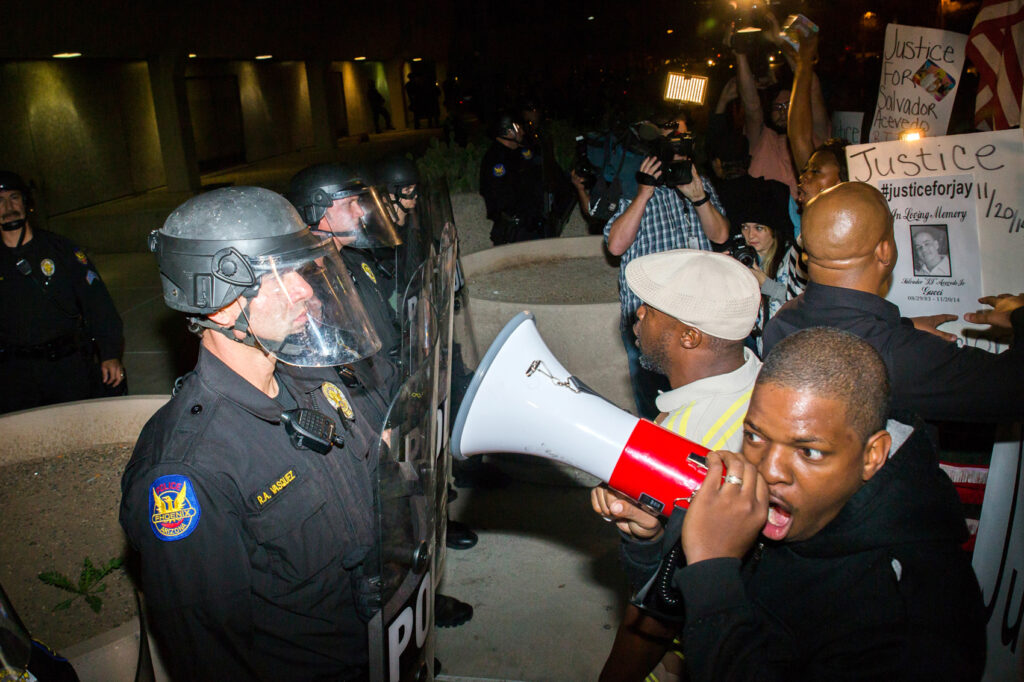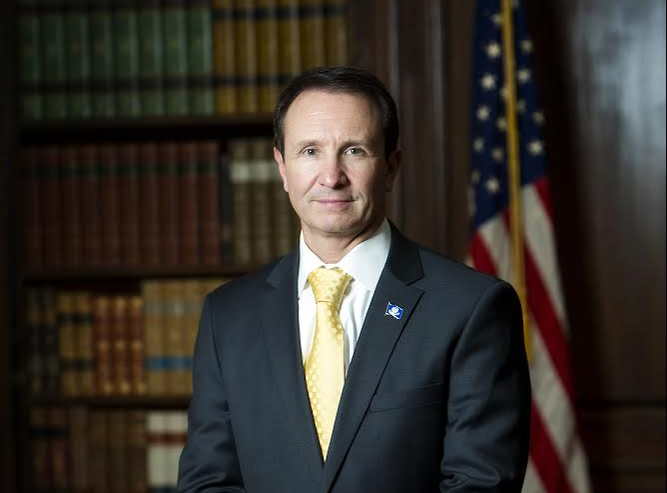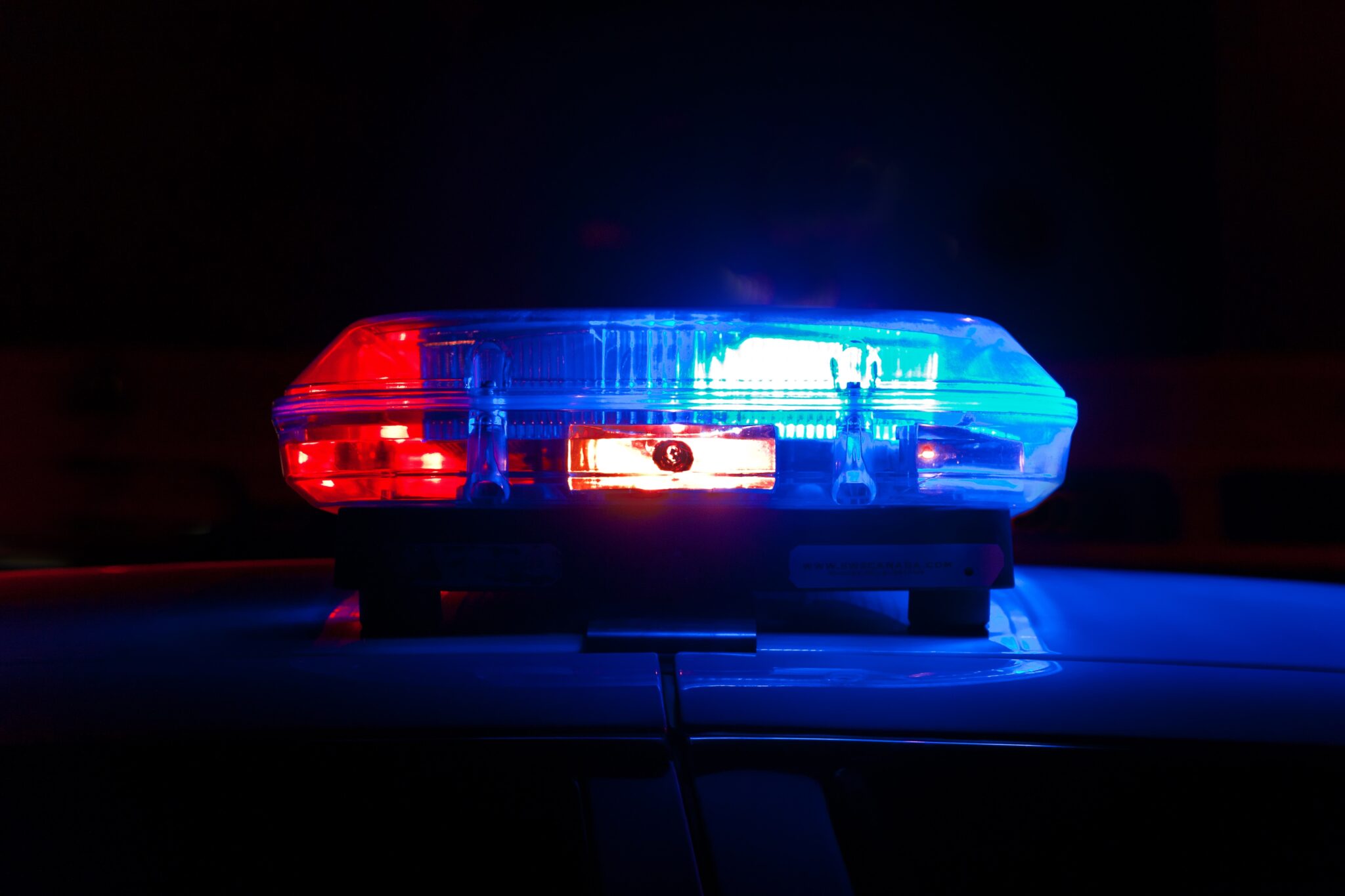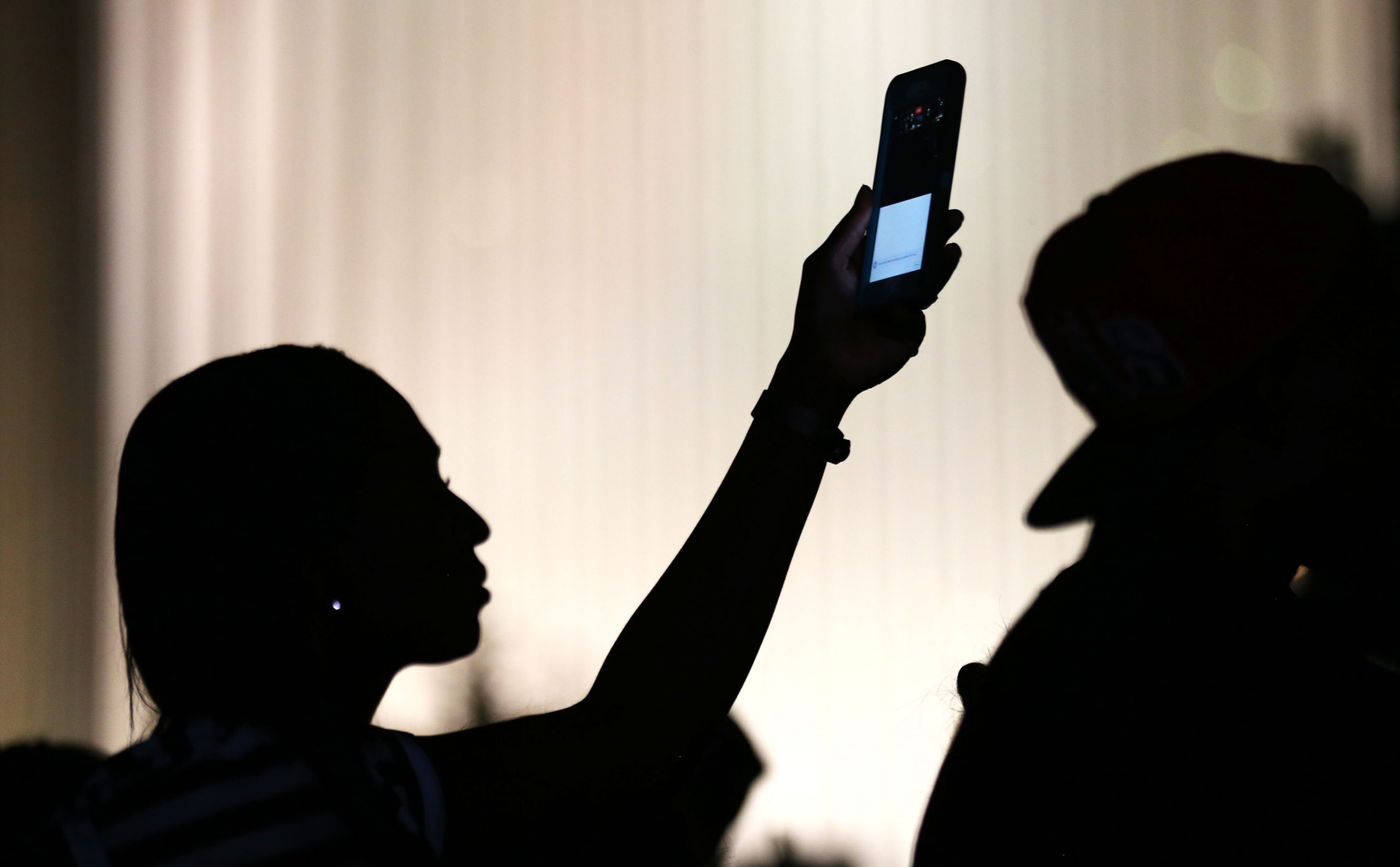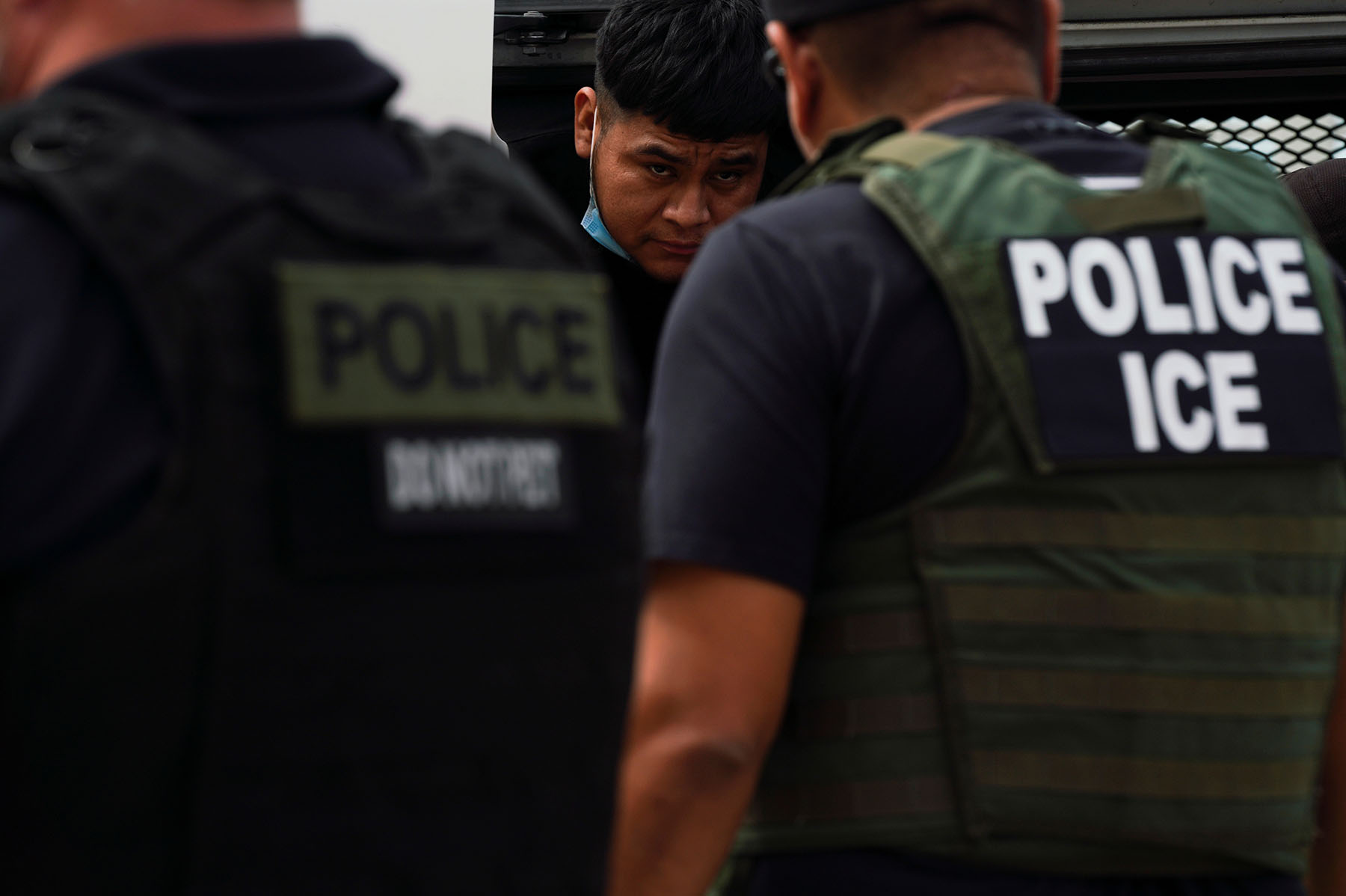An alliance of Arizona news organizations, press associations, including The Arizona Republic, the Arizona Broadcasters Association, the National Press Photographers Association, as well as the ACLU of Arizona, have joined forces to file a motion for a temporary injunction against the enactment of the law signed by Gov. Doug Ducey in July which would restrict video recording of police officers in public.
The law, which is slated to go into effect on September 24, establishes that anyone recording video within eight feet from the scene of a law enforcement action in progress would have to move back if asked or face arrest and a fine.
There’s no hesitancy among free press and media legal scholars who are asked whether the law is constitutional. There’s consensus: It’s not. They base their views on numerous rulings of federal appeals courts on the issue.
The motion filed Tuesday morning argues that the law, known as HB2319, is a content-based restriction on speech and would have a chilling effect not only on the First Amendment activities of visual journalists “whose job it is to document the newsworthy activities of public servants in public places” but would also affect the general public who “simply wants to record what law enforcement officers are doing.
“It independently violates due process because it is too vague to allow people to understand precisely how to avoid violating it and gives police unfettered authority to halt recording and arrest people simply for exercising their First Amendment rights.”
When the bill was signed in July, Chris Kline, president and CEO of the Arizona Broadcasters Association, told First Amendment Watch, “This new law wasn’t asked for by local police departments nor is it a law that ensures public access and accountability…..This statute simply goes too far.”
While the U.S. Supreme Court has not yet weighed in on the right to record police, the U.S. Court of Appeals in the First, Third, Fifth, Seventh, Ninth, and Eleventh have all ruled that the right to record police in public places is protected by the First Amendment. On July 11, in the case of Irizarry v. Yehia, the U.S. Court of Appeals for the 10th Circuit, based in Denver, became the seventh federal court in affirming there’s a First Amendment right to film the police performing their duties in public.
See our teacher guide on the right to record police or the more concise citizen’s guide to recording the police.
The bill was sponsored by Republican state Rep. John Kavanagh, a former police officer with the Port Authority of New York and New Jersey, who contends that the measure is necessary to protect the public’s and officers’ safety. An earlier bill he sponsored that referenced a 15-foot barrier was dropped, he says, but in consultation a second-time around with Arizona legislative staff attorneys who advised him, his eight-foot bill passed.
Kavanagh said the bill wasn’t written to target the work done by journalists as “professional journalists don’t walk up within a couple of feet of a cop who’s frisking somebody. It’s not done. But they don’t want to be told what to do. I understand that.” However, the need is real, he says, due to organized groups throughout the country that follow police officers or respond to radio calls. “They walk up within a foot or two of the cop who’s involved in the encounter and the cops were complaining…And then in February or March, several months before the session, I got a phone call from a cop in Tucson and he said, ‘You’ve got to help us….They get to the scene, they stand one foot behind us filming and we don’t even know who the hell they are.’”
The complaint was filed in the U.S. District Court of Arizona and tallies a long list of detrimental outcomes should the bill go into effect including hampering journalists’ missions to inform their audience about matters of public importance as well as impairing the ACLU of Arizona’s mission to foster government accountability and protect Arizonans’ constitutional rights. The motion states that under this law, “law enforcement accountability and the public’s right to know what their government is doing will suffer.”
HB2319 Complaint Filed Aug. 23, 2022
Tags
